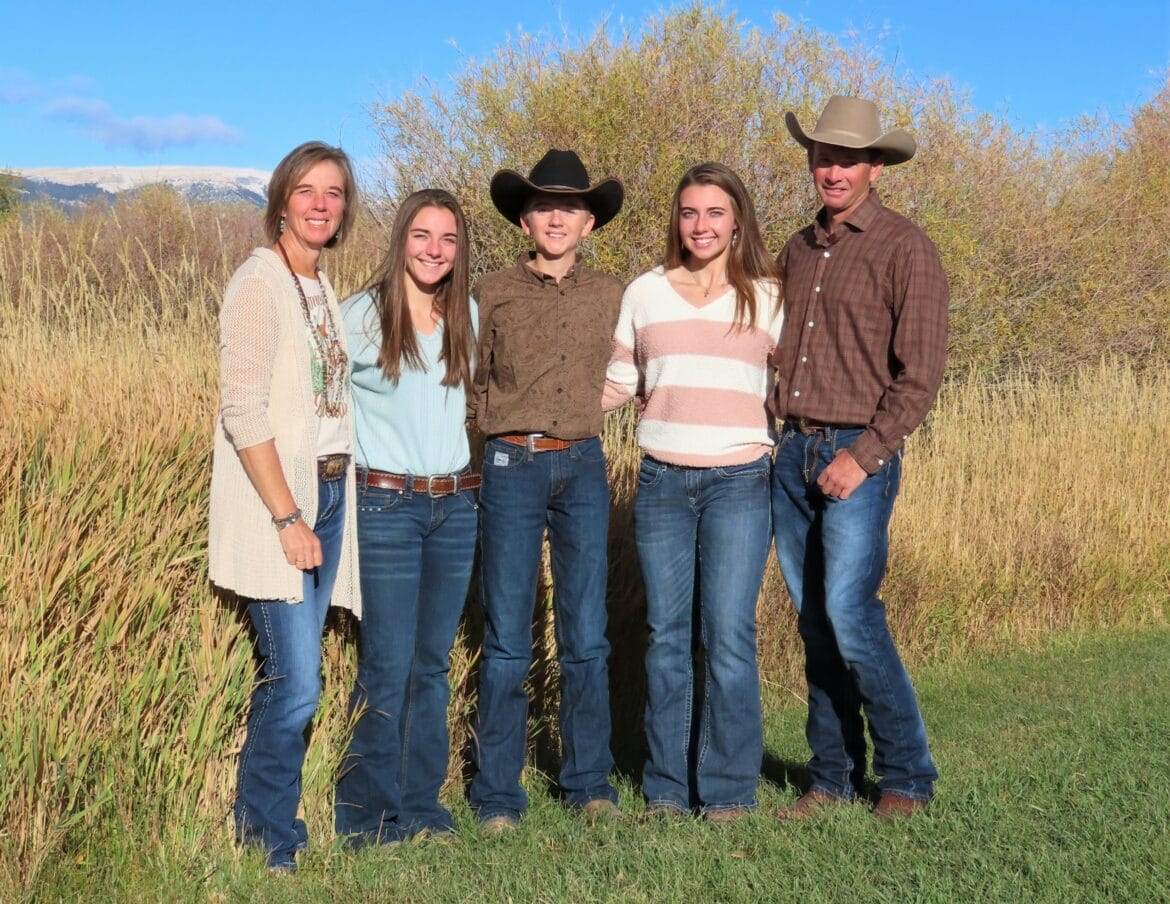By: Kiley Martinell
Continued concerns about climate change and the desire to protect our natural resources have people all over the globe looking for ways to be more environmentally friendly. These important conversations often lead back to food production – something that, as a cattle rancher, I am very passionate about.
I am proud of the role I play in providing high-quality protein in the most sustainable way possible. The U.S. is the leader in sustainable beef production due to the dedication of the entire beef industry, especially ranchers like me. For example, my family regularly ensures that cattle are spread throughout our pastures by utilizing fencing, watering, and mineral placement techniques to ensure cattle to do not overgraze. And this is being done by ranchers across the country, making the most of the resources available where they raise cattle.
The reality is that ranchers make their living from the land and we want to do everything in our power to protect the environment. Preserving natural resources is not only the right thing to do, but it also makes our ranch better and allows us to continue living off the land we love, year-after-year, generation-after-generation.
Thanks to widespread confusion and misrepresentation of U.S. beef production with global numbers, you’ve likely heard that U.S. livestock’s contribution to climate change is immense. It is critical for Americans to understand that this is not true. In fact, according to the Environmental Protection Agency (EPA), beef production in the U.S. is only responsible for 2% of U.S. greenhouse gas emissions. Even when the production of animal feed, fuel and electricity necessary for beef production is factored into the equation, it is still responsible for just 3.7% of GHG in the United States. In global terms, U.S. beef cattle production counts for just .5% of global GHG emissions. According to a study in the Proceedings of the National Academies of Sciences, if all livestock in the U.S. were eliminated and every American followed a vegan diet, greenhouse gas emissions would only be reduced by 2.6%, or 0.36% globally.
In addition to not being impactful on a global scale, removing all cattle would have negative impacts in other areas. Cattle grazing maintains pastureland and open spaces, providing habitats for animals that are often being pushed out by urbanization in other areas. Additionally, cattle generate more protein for the human food supply than would exist without them because their unique digestive system allows them to convert human-inedible plants into high-quality protein. In fact, according to the National Academies of Sciences, Engineering, and Medicine, 90% of what cattle eat is forage and plant leftovers that people can’t eat and would otherwise go to waste – further contributing to our food waste problem. In the face of a growing global population, we need ruminant animals, like beef cattle, to help make more protein with less.
The reality is that consumers in the United States and elsewhere are going to continue to eat meat. Farmers and ranchers, like myself, are committed to continuous improvement so that we can produce the beef consumers know and love in the most sustainable way possible.
###
Kiley Martinell is the President of the Montana Beef Council. She grew up on a farm/ranch in Choteau, MT, and attended college at MSU-Bozeman, earning a degree in Animal Science. She and her husband, Heath Martinell, ranch in Dell, MT raising commercial cattle. In addition to helping on the ranch, she works part-time for Dr. Chuck Gue, DVM as an embryologist and stays involved in the community by serving on the school board, the Lima swimming pool board, and as a 4-H leader. Kiley says, The Montana Beef Council mission sums up our purpose in the beef industry, “To protect and increase demand for beef and beef products through state, national and international consumer marketing programs of beef promotion, education and research, thereby enhancing profit opportunities for Montana beef producers.”



This is good information that needs to be known . I m not so concerned about green house problem but what livestock do to riparian areas on federal lands . In some instances they can completely destroy a water source by not leaving it . Wildlife depend on this also . It should be a privilege to graze on federal and state lands not a right. Some times I wonder if the regulators of federal lands actually have a clue on how to best manage it.